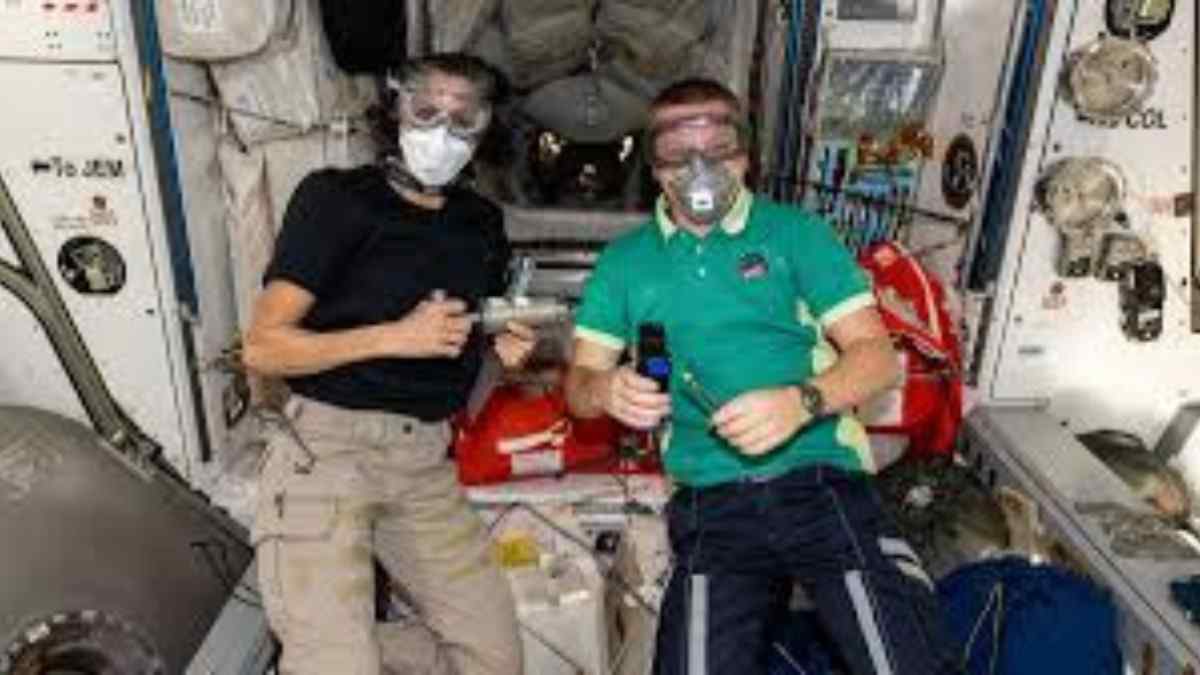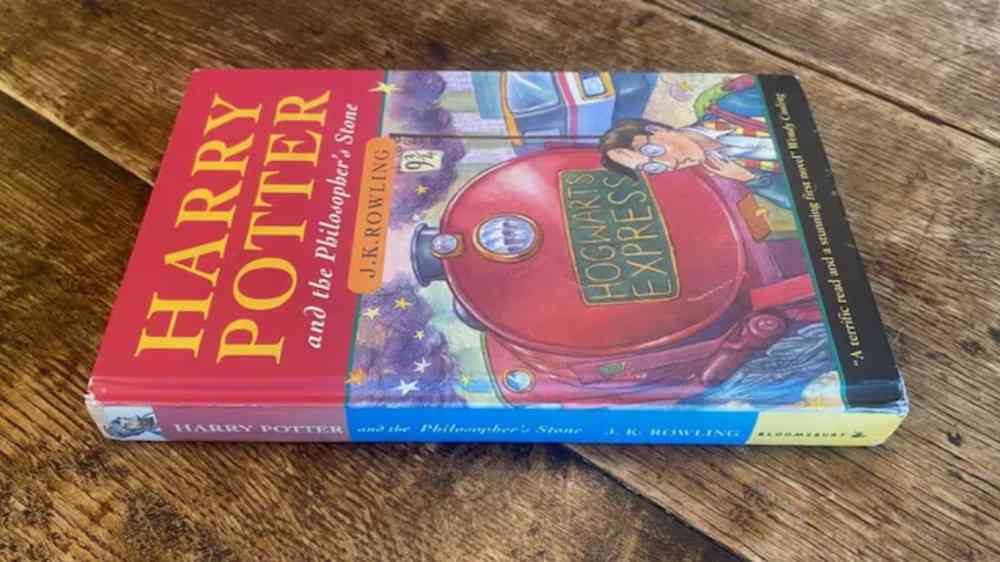A study found that individuals who were exposed to higher amounts of air pollution prior to the pandemic had weaker immune responses to the COVID-19 vaccine.
In particular, exposure to fine particulate matter (PM2.5), nitrogen dioxide (NO2) and black carbon was associated with about a 10 per cent decrease in IgM and IgG antibody responses in people without prior infection, the researchers said.
The findings, published in the journal Environmental Health Perspectives, provide further evidence on the adverse effects of air pollution on the immune system.
“Air pollution has been linked to adverse health outcomes, including lung cancer, cardiovascular and respiratory disease, and diabetes,” said Manolis Kogevinas from the Barcelona Institute for Global Health (ISGlobal).“Air pollutants have been shown to affect immune responses, so in this study we wished to determine whether air pollution also affects antibody responses to COVID-19 vaccines,” said Kogevinas. The team analysed data from 927 participants aged 40 to 65 years, who answered questionnaires and gave blood samples in the summer of 2020 and in the spring of 2021. All had received one or two doses of the main COVID-19 vaccines administered in Spain made by AstraZeneca, Pfizer or Moderna.














